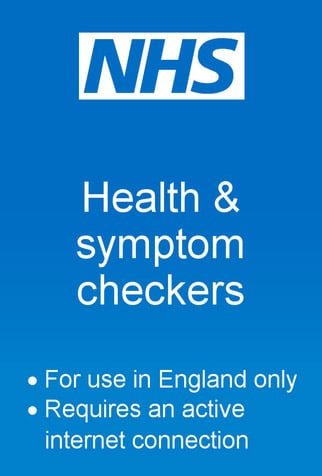England’s National Health Service will invest £4.2 billion ($6.1 billion) to make paper obsolete and shift chronically ill people to remote patient monitoring, MedCItyNews is reporting.
The massive undertaking will involve engaging both internal and external resources, with the government planning to bring a few experts from the U.S. to make this happen. Among those are patient safety guru Dr. Robert Wachter of the University of California, San Francisco; former national health IT coordinator Dr. David Brailer; Beth Israel Deaconess Medical Center CIO Dr. John Halamka; and patient advocate “E-Patient” Dave DeBronkart.
According to the UK Health Minister Jeremy Hunt, improving the standard of care for patients means “embracing technology and moving towards a fully digital and paperless NHS.” He went on to add: “NHS staff do incredible work every day and we must give them and patients the most up-to-date technology — this review will tell us where we need to go further.”
About £1.8 billion, or 43 percent of the sum, will be used to implement paperless procedures; £1 billion is earmarked for cyber-security; and — here comes the interesting part — £750 million goes into shifting care away from hospitals. By 2020, the NHS hopes to be able to offer remote patient monitoring services to 25 percent of people with long-term chronic conditions. Also, it aims to have 10 percent of patients using apps and online services for routine care, the Daily Mail reported.
There are some doubters, though. This, after all, is the sixth time since 1992 that a British health minister has promised a paperless NHS, so it remains to be seen whether this time round doctors, nurses and other NHS employees will actually embrace modern technology to deliver on its promises.


